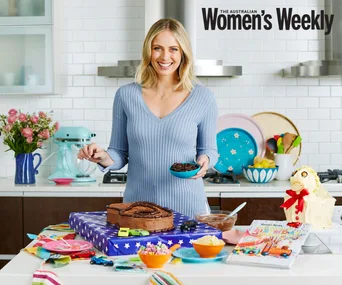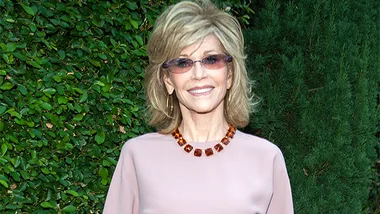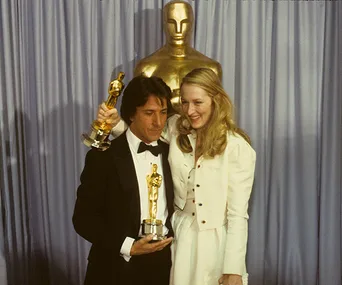Since bestselling British author Frances Hodgson Burnett first wrote The Secret Garden in 1911, it has been adapted into four TV series, four films, a bunch of plays and a Broadway musical, so it’s fair to say this is a story with a universal message.
For Dame Julie Walters, co-star of the latest version – a mesmerising adaptation combining eye-candy effects conjuring a magical realism of blooming flowers and verdant butterfly-filled woodlands with filming in some of Britain’s most beguiling gardens – the film couldn’t have come at a more appropriate time.
“I read the book as a child, so knew it well and loved it. The themes of loss and friendship, and then regeneration and light at the end of the tunnel, I think will always resonate.”
“It’s pertinent now because in the film they’re coming out of a particularly dark period, showing that there’s hope and light, and I think hopefully we will be [coming out of a dark period] too,” says Julie, who during filming went through some challenging times of her own – more on that later.
The original setting of the book has shifted forward in this film, from Edwardian times to just after World War II in 1947, with our protagonist, 10-year-old Mary Lennox (played by Dixie Egerickx), living in India as Partition ravages the nation.
Then, a cholera epidemic hits and she is orphaned and shipped to Misselthwaite Manor on England’s Yorkshire Moors to live with her uncle, Archibald Craven (played by Academy Award-winner Colin Firth).
The spooky mansion is itself recovering from the shadow of war when it was requisitioned for a hospital for soldiers, and when Mary arrives she finds the house not just in disarray, but shrouded in a curious atmosphere of grief.
She discovers she has a cousin, who is suffering from a mystery illness, locked away in a room. And her uncle, distant and clearly distraught, hands Mary over to the care of gruff housekeeper Mrs Medlock, played by Julie.
The combination of stern Mrs Medlock and haughty, overprivileged Mary provides its own tension as both move towards a brighter future.
“I read the book as a child, so knew it well and loved it” – Dame Julie Walters on The Secret Garden.
“There’s a lot of loss and a lot of darkness about restrictions right now, just as there would have been in wartime and in Partition, so I think this film is very relevant to current times,” posits Julie.
COVID-19 means we’re talking via Zoom, rather than in person. Julie is ensconced in the farmhouse she shares with her husband, Grant Roffey, in the English countryside, where she has been for months.
But while the virus has impacted everyday life in the UK, Julie confesses she’s loving the quality time it has delivered – especially now, with a summer heatwave making England “utterly glorious”.
“I’m 70, so it’s a bit different for me and, guiltily, I’ve kind of enjoyed it because there have been no pressures to do anything,” she explains.
“I’m very fortunate to live out in the countryside on a farm, so I can get out and walk, and obviously it’s not affected the countryside as badly as it has cities. I feel for people there, I really do …”
The theme of the healing power of nature is at the heart of The Secret Garden as we see Mary blossom in the pastures, streams and ultimately the secret garden she discovers in the grounds of Misselthwaite.
There’s a sense of joy in Mary’s special world; a paradise beyond the reach of adult intervention. “I think The Secret Garden probably connects with everyone’s childhood somewhere – living in your imagination and making your own fun,” Julie says.
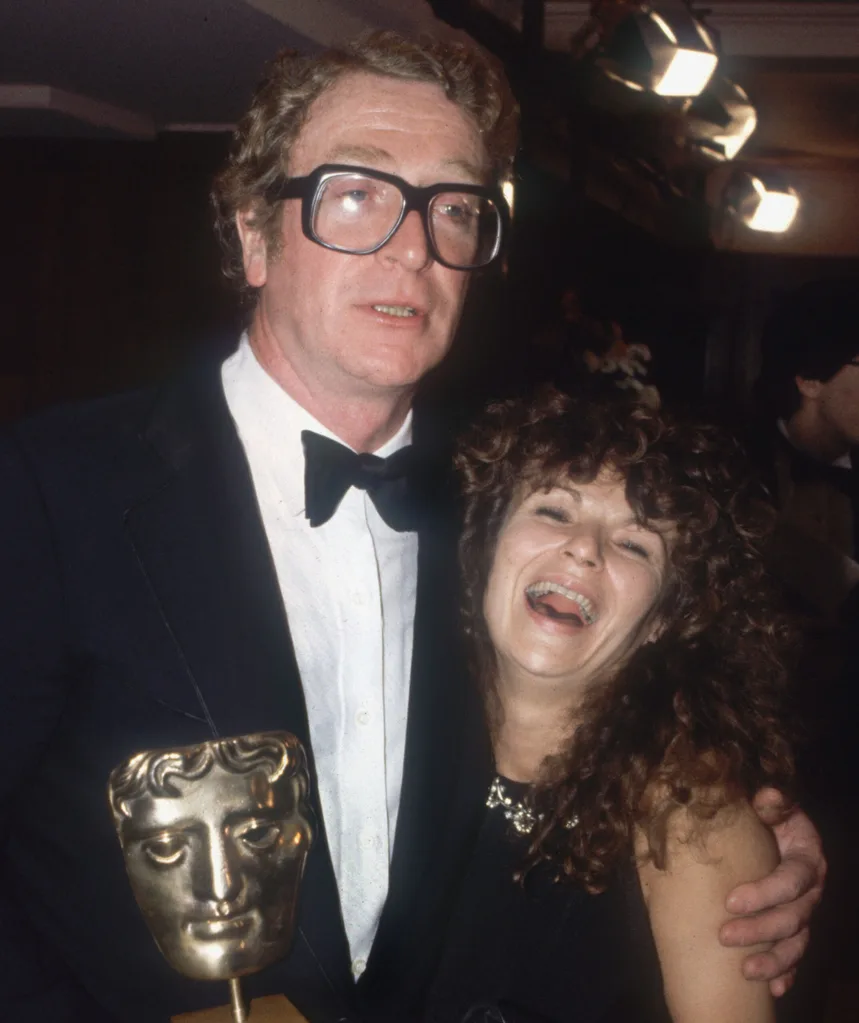
Michael Caine and Julie celebrate their dual win of Best Actor and Actress for Educating Rita in 1984.
(Getty.)“In the ’50s when I grew up, we didn’t have telly, we didn’t have computers and phones to play with. You had to use your imagination and find other ways to take up the summer holidays, and that’s what Mary does.”
Julie was hugely impressed by young actress Dixie, who director Marc Munden describes as “12 going on 26” with the skills of an adult actor but “a childlike nature”.
“She’s wonderful,” Julie says. “She’s incredibly bright apart from anything else, but she is a really good actress. It was not like working with a child …we could have proper chats.”
Mrs Medlock’s relationship with Mary is “very interesting”, Julie remarks. “She is completely and utterly bewildered by her, the way she speaks and the way she sees things.”
“So, there’s a bit of a battle between them all the way through, of her trying to deal with the little person and her wild ways.”
Julie’s Mrs Medlock, while a taskmaster, is not a cartoon baddie. “She’s written as pretty unredeeming in the book,” Marc Munden says, “but I thought Julie could bring a vulnerability and oddness and humour to it, which were things you could see beneath the mask.”
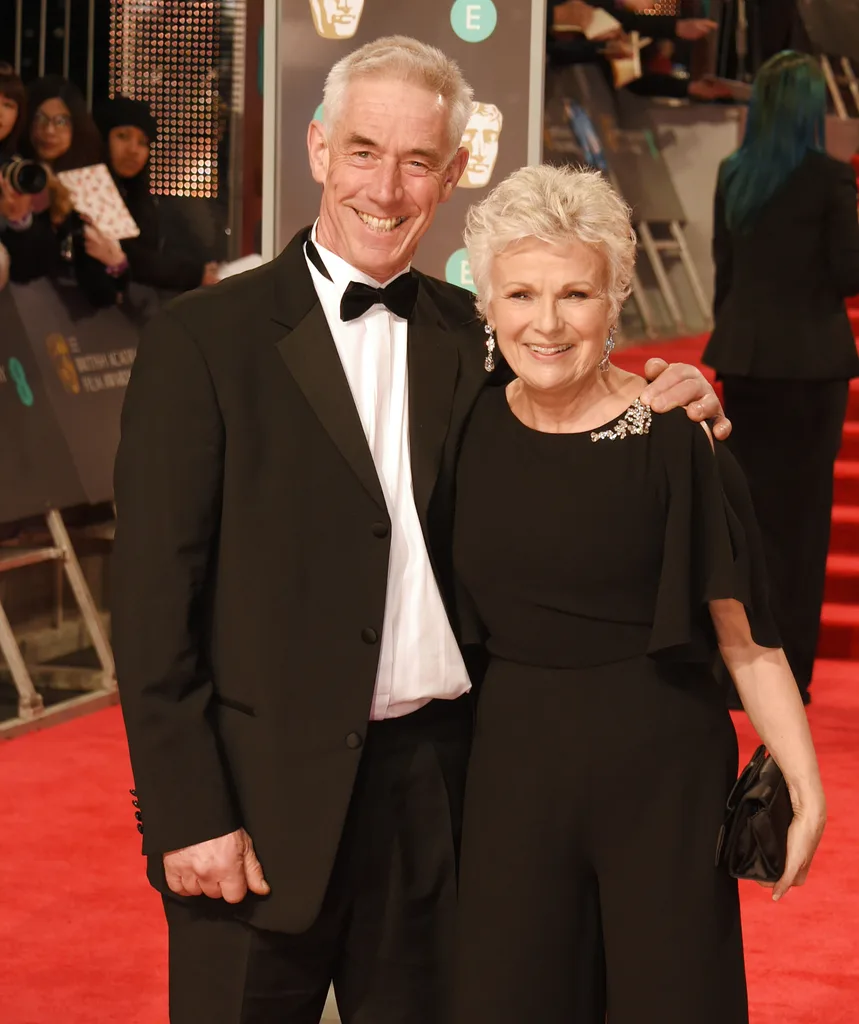
Julie with husband of 23 years Grant Roffey in 2018.
(Getty.)“At first, I did see her as a stern, cross person,” Julie adds, “but I tried to put in other stuff, so she wasn’t that two-dimensional and angry all the time. I wanted her to have more bemusement with the kids – trying to understand them a bit, but not being massively successful until the end.”
An inspiration for the portrayal were the nuns who ran the Catholic primary school Julie’s mother sent her to. “It was an awful school and I spent a lot of my days being scared by the nuns – that sternness and a set of rigid rules,” she explains.
Ironically, it was one of the nuns who set Julie thinking about her future career when she said “you’d be good on the stage”.
As a little girl, she was always putting on plays and sketches to amuse her family and schoolmates. “Making people laugh made me feel good,” she says.
Nevertheless, Julie trained first as a nurse – something her postal clerk mother, Mary, had guided her towards. “I did it because I thought it was what I should do,” Julie says.
She ended up working at the Queen Elizabeth Hospital in Birmingham, but quit after 18 months to study theatre at Manchester Polytechnic.
“My mother didn’t approve and my dad did,” Julie says. “My mother – like most parents – was scared. It was a world she didn’t know about and it was precarious. It wasn’t a reliable thing like nursing, so she was frightened.”
But Julie knew she had found her calling, and her first job in the 1970s was with Liverpool’s acclaimed Everyman Theatre. “I loved all of it – the experience of being in a groundbreaking theatre was exciting, working with fantastic actors, and also in a theatre that had a great reputation. It was a wonderful start.”
Julie’s impressive career is testament to the fact she had made the right choice. To date, she has been awarded seven BAFTAs, two Emmys, a Golden Globe and a Laurence Olivier for roles ranging from Rita opposite Michael Caine in the seminal Educating Rita; the hilarious Mrs Overall in the Acorn Antiques TV and theatre shows with best friend the late Victoria Wood; the ballet teacher in Billy Elliot; widow Annie Clark in Calendar Girls, Meryl Streep’s dancing bestie, Rosie, in Mamma Mia!; Mrs Weasley in the Harry Potter films and much more.
But, in a recent BBC interview, Julie raised the possibility that The Secret Garden could be her final film, while also revealing her battle of the past two years. During the making of the movie, Julie had to quit filming when she was diagnosed with stage-three bowel cancer.
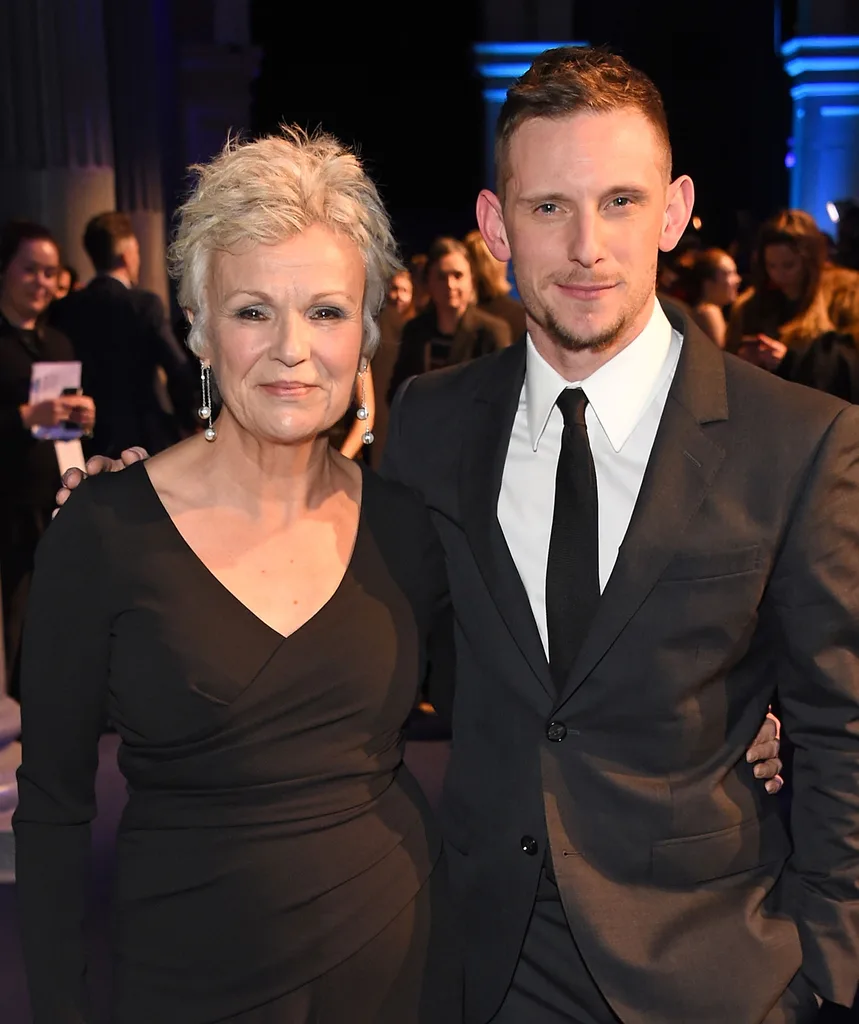
Julie and actor Jamie Bell, who starred with her in 2000’s Billy Elliot.
(Getty.)She had first seen her doctor a year before with twinges in her stomach, but never suspected cancer. Those pains returned while making the film and, following tests, Julie found herself sitting in front of her doctor, hearing the words: “I think it’s cancer“.
When she told her husband Grant, who was waiting in the car, his eyes filled with tears. Julie immediately moved into practical mode, but tells me she was quaking, too.
“Of course, yes, because you don’t know what the future holds, but it was all so fast. It all happened so quickly that I didn’t have time to build up [fear] – I just wanted it taken out and that’s what happened.”
The cancer had been growing for four years and the most alarming thing was that Julie had no clue. “I had very, very slight discomfort, but the scary thing is there were very few symptoms because it was at the top end, near the small intestine.”
“People who have it down the other end, by their bottoms, have loads of symptoms – they pass blood – but I didn’t have anything like that.”
Two tumours were removed and the operation was followed by chemotherapy. As soon as she came round after the operation, Julie was told they had managed to remove all the cancer. “I knew that it was all gone,” she says, with obvious relief.
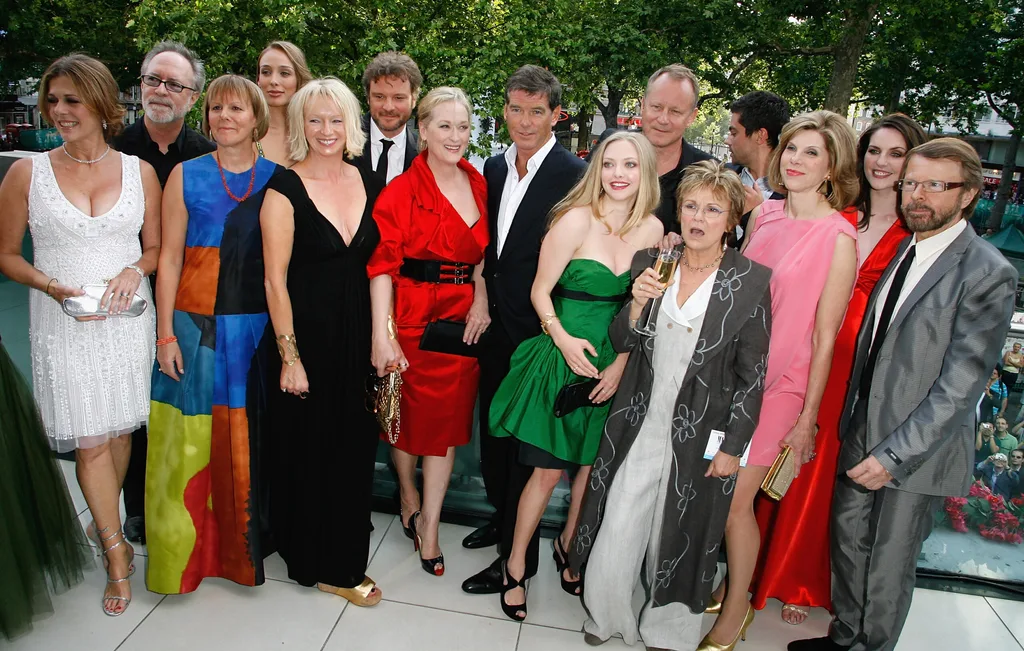
Julie (glass of wine in hand) with the cast and crew of Mammia Mia! The Movie at the premiere of the film in 2008. Her co-stars included Meryl Streep, Christine Baranski, Amanda Seyfried, Colin Firth, Stellan Skarsgard and Pierce Brosnan.
(Getty.)In a recent interview with a UK newspaper, Julie said she now sees the experience as “a gift” and I ask her what she meant. “Something as life-changing as that makes you reassess your life and I think that’s always a gift,” she explains.
The result for Julie, whose acting career has always been frenetic, has been a decision to stop and smell the roses. She realised that she can and should “get off the merry-go-round … and that’s what I did in terms of work. Work was not what I needed.”
Another realisation for Julie was that while her friend, comedienne Victoria Wood, battled cancer, she also had the pernicious disease herself. “I would have had it when I was sitting by her bedside, but I didn’t know …” Victoria died in April 2016.
“I don’t know what the future holds for acting. At the moment [with the pandemic], there’s nothing going on. But I’m not missing it all. Acting has never been my whole life, I never wanted that. Maybe when I was in my 30s, possibly, but not later.”
Julie says her days are filled with working on the farm and enjoying the countryside. “I grow vegetables and I walk with friends. I do charity stuff and record voice-overs from home … it’s quite full, really.”
In the interests of social distancing, I ask Julie to conjure up a fantasy dinner party and she warms to the task. “I’d invite my dad because he died when I was 21,” she says.
Thomas Walters was a builder and decorator and hated confrontation, leaving the disciplining of Julie and her brothers to her mum. “I adored him,” Julie says.
“I’d ask him loads of questions I wouldn’t have thought of asking as a young person. I was close to my dad, we got on great.
“Then, I’d have Bette Davis – she was so interesting at the time of her acting … she wasn’t like any of the others and I just loved her. I know my dad did, too, so I’d have her there.”
“I’d have Ian Charleson [who starred in Chariots of Fire and died in 1990]. He was a dear friend and that was a terrible loss. And I’d have my mum.”
Julie wouldn’t have Victoria Wood, she says, because “Vic’s so recently gone” and is still very much with her.
As for food and libation, “I don’t drink and I’d get in a caterer,” Julie says, laughing.
“I do cook, but I’m not somebody who just adores throwing meals together. A dinner party makes me think, ‘Oh Christ!’. I’d be all anxious. Somebody else can do that, so we can all talk.”
In February, Julie celebrated her 70th birthday, which she saw as “a year older than 69 … it wasn’t a massive thing. I quite like being 70 because I’ve reached it. I’m still here and there’s no pressure to be in the rat-race”.
Looking back at her career, would she have done anything differently? “No, I don’t believe in that sort of thing,” Julie muses.
“I believe it’s all meant the way it was. I’m not saying they were all the best decisions, but I’m not one for regretting things. I think things happen for a reason and it’s been a great ride.”
The Secret Garden is in cinemas on September 17.
Read this and many more great interviews in the October issue of The Australian Women’s Weekly, on sale now.
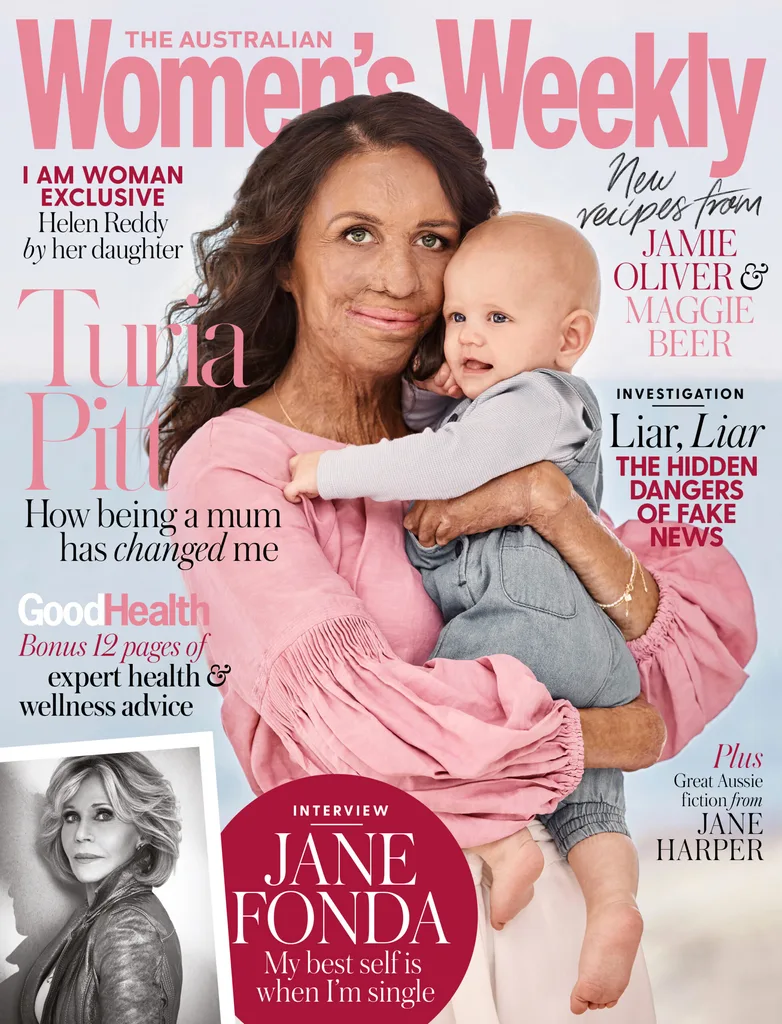
.png?resize=380%2C285)

